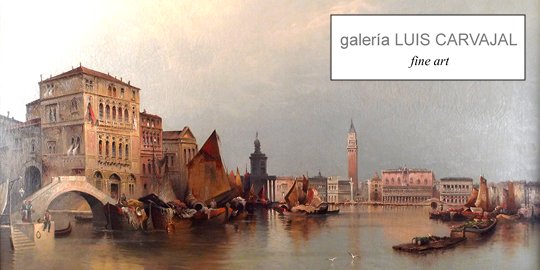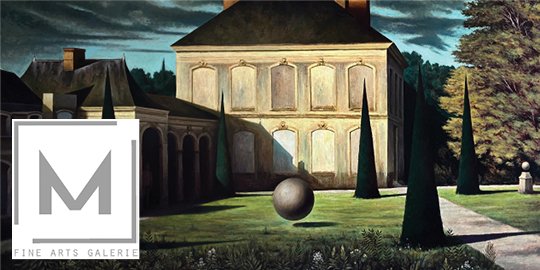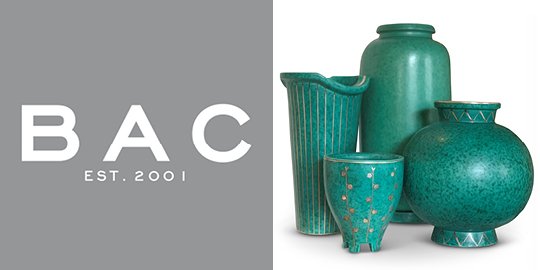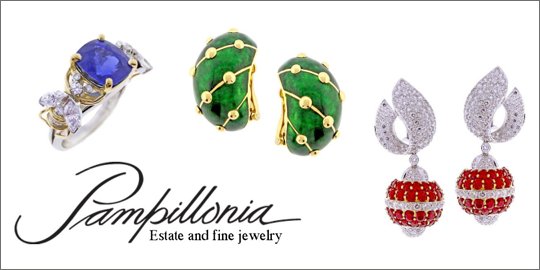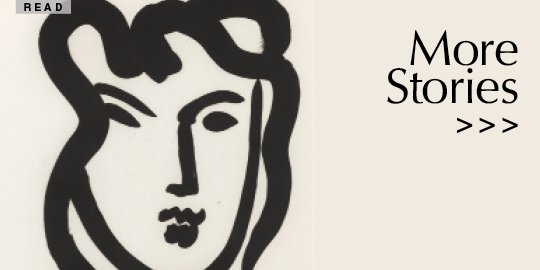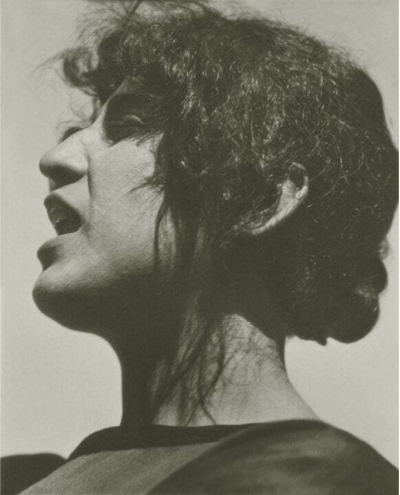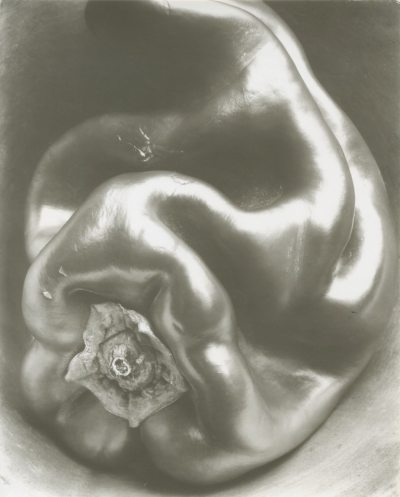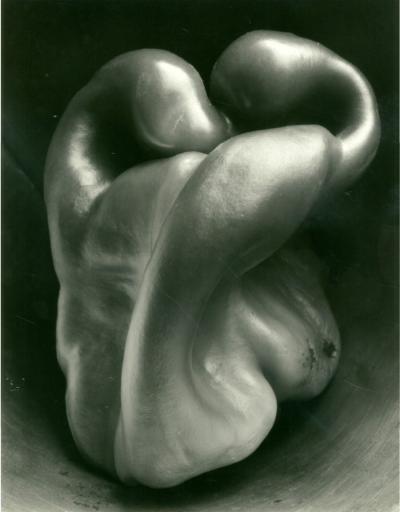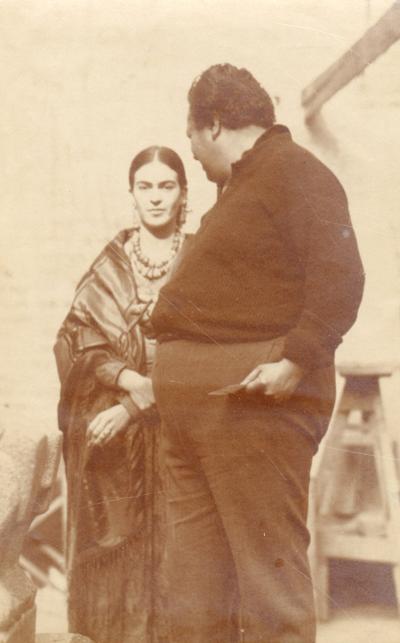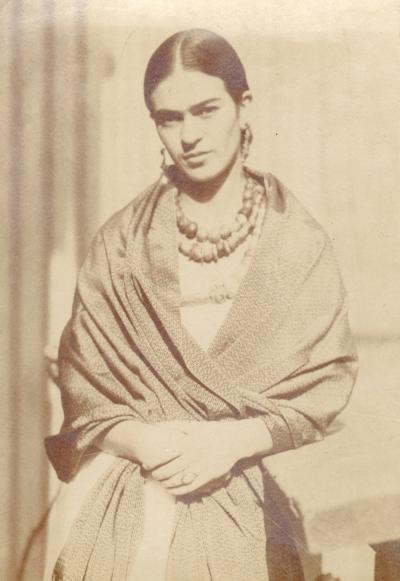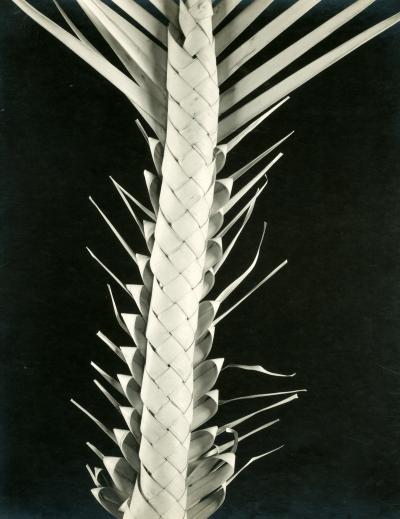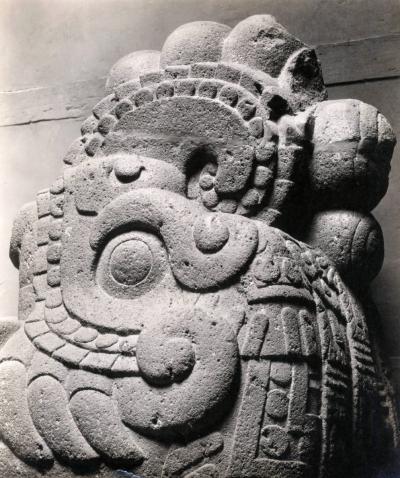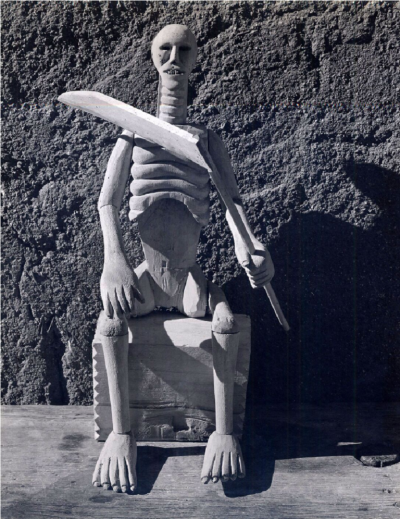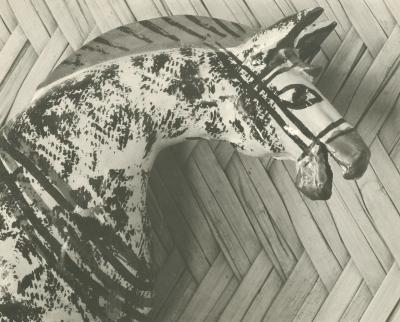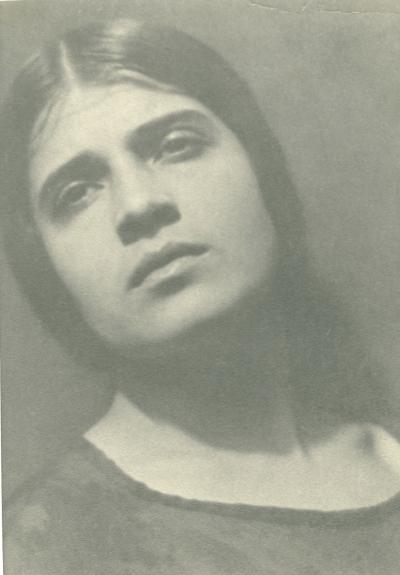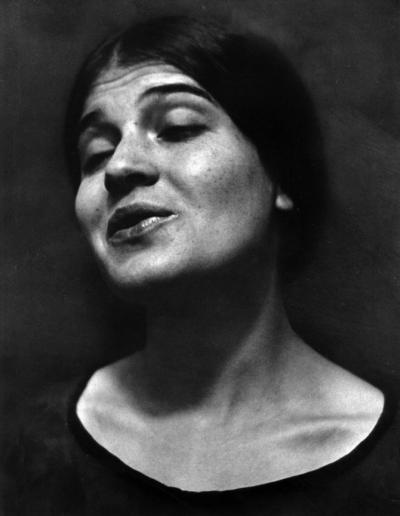Edward Weston
American, 1886 - 1958
Edward Weston (1886–1958) was a pioneering American photographer known for his transformative approach to modernist photography. Born in Highland Park, Illinois, he began photographing at a young age and initially worked in the soft-focus pictorial style. By the 1920s, he embraced "straight photography," characterized by sharp focus, high contrast, and a detailed exploration of form and texture.
Weston is best known for his iconic close-up studies of natural forms like shells, peppers, and cabbages, which reveal sculptural qualities and abstract compositions. His landscapes, especially of California’s Point Lobos, and intimate nudes also highlight his mastery of the medium.
In 1932, he co-founded the f/64 group, promoting clarity and precision in photography. Weston was the first photographer awarded a Guggenheim Fellowship in 1937. His legacy remains central to 20th-century photography and continues to inspire contemporary artists.
Weston is best known for his iconic close-up studies of natural forms like shells, peppers, and cabbages, which reveal sculptural qualities and abstract compositions. His landscapes, especially of California’s Point Lobos, and intimate nudes also highlight his mastery of the medium.
In 1932, he co-founded the f/64 group, promoting clarity and precision in photography. Weston was the first photographer awarded a Guggenheim Fellowship in 1937. His legacy remains central to 20th-century photography and continues to inspire contemporary artists.
Edward Weston
Casa de Vecindad / Neighborhood House, 1926-printed later by Cole Weston
H 7.09 in W 9.45 in
$ 6,500
